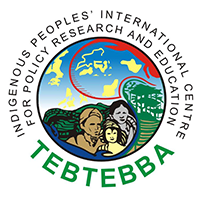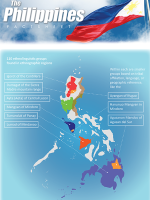Philippines Fact Sheet on Indigenous Peoples
The Indigenous Navigator project is coordinated in the Philippines by Tebtebba.
It monitors the implementation of the UN Declaration on the Rights of Indigenous Peoples, the results of the World Conference on Indigenous Peoples and the essential aspects of the Sustainable Development Goals (SDGs). The Indigenous Navigator generates data and documentation related to indigenous peoples to demand the respect and implementation of their rights, which are published on a virtual platform of public access. The Indigenous Navigator is a collaborative initiative developed and managed by a global consortium including the ILO, IWGIA, Tebtebba, AIPP, Forest Peoples Program and the Danish Institute for Human Rights, with the support of the European Union (EU). The Indigenous Navigator project seeks to be interactive in its work and to collect the voices of the communities in each visit.
Tebtebba has prepared this country fact sheet on Indigenous Peoples in the Philippines, which highlights the current situation of indigenous peoples who compose 12-17% of the population in the country. Due to the lack of systematic data collection and disaggregation of demographic data, the situation, issues, and contributions of indigenous peoples cannot be consistently conclusive. However, there are also reports from government agencies themselves which tend to confirm that indigenous peoples in the Philippines are overrepresented in poverty statistics and disproportionately suffer from limited basic social services and development aggression despite an enabling legal and policy environment that assures their right to decide on their own development priorities and to free and prior informed consent over an estimated 26% percent of the country's territory comprising recognised ancestral domains.
The Fact sheet is currently available in English.

